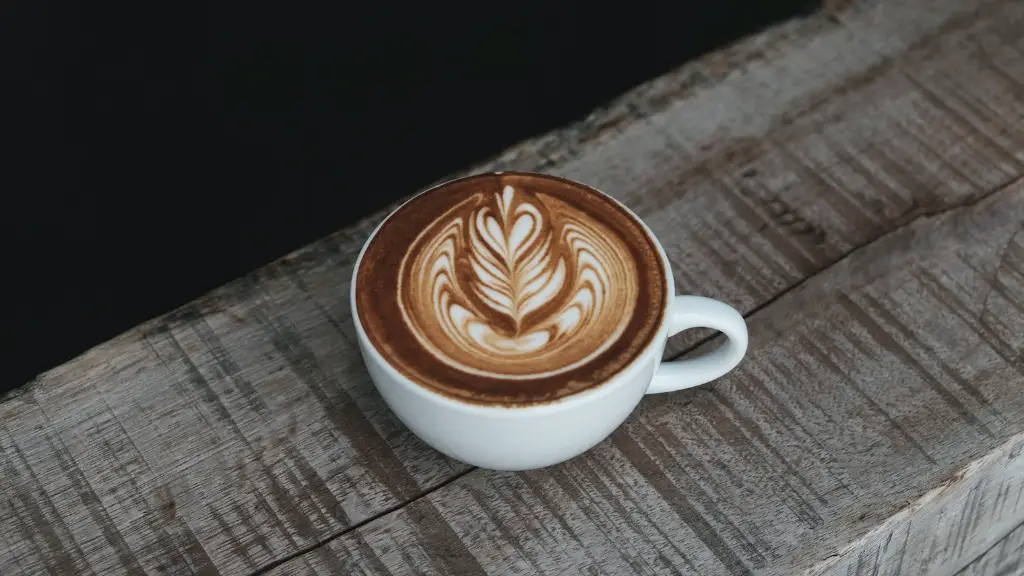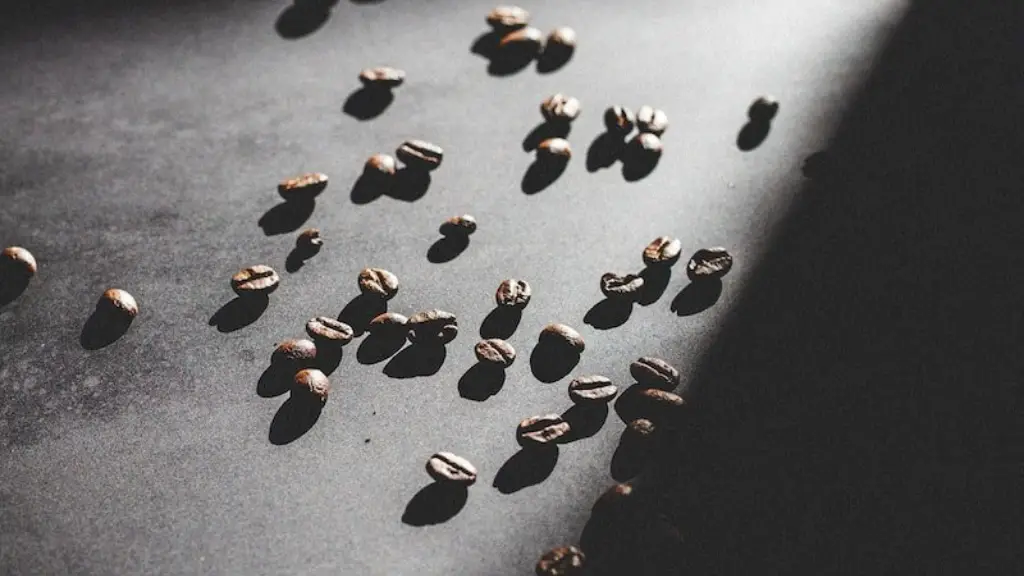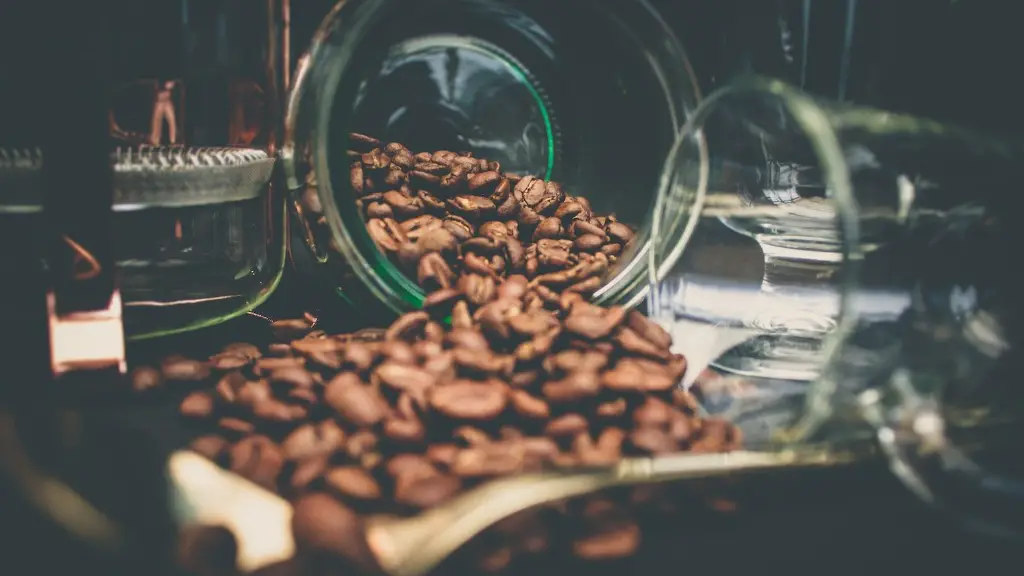Many of us know Matthew Walker for his acclaimed Why We Sleep book. But what about his beverage of choice? Does he drink coffee?
When it comes to coffee, opinions are divided. Some people swear by its energizing effects while others find it detrimental to their health. Therefore, it is not surprising that Matthew Walker’s own opinion on it is an important aspect to consider.
Walker took to Twitter to answer this vital question. According to a reply he posted in early 2019, he had “stopped drinking coffee” a few years before. His explanation was simple: he knew the negative impact it had on his sleep.
For the renowned professor of neuroscience and psychology, this was certainly an understandable decision. In his book, he outlines the importance of regular and uninterrupted sleep for our overall health, therefore avoiding coffee was the sensible thing to do.
In addition, coffee is more than just a regular beverage; it is a complex substance containing over 800 compounds, as explained in a recent article by The Guardian. It is linked to both positive and negative effects on the human body, and some of the latter can aggravate problems related to sleep.
For instance, the caffeine found in coffee stimulates the release of cortisol, a stress hormone. It also weakens adenosine receptors which are responsible for making us feel tired. Given Matthew Walker’s area of expertise, his decision not to consume coffee is largely understandable.
However, Walker did not completely shun caffeine altogether. Through his Twitter posts, it becomes evident that he opts for tea instead. It is a safer alternative as it contains significantly less amounts of caffeine. This decision is also recommended by many nutritionists, such as Dr. David A. Friedman in his book Food Sanity.
Advantages of not drinking coffee
Matthew Walker made a conscious choice to avoid coffee, and this is not the only beneficial change he has made. Through his writings and posts, he also abandons other lifestyle choices which negatively impact our sleep, such as staying up late, drinking alcohol, and exposing ourselves to screens at night.
Additionally, abstaining from traditional caffeinated drinks influenced his dietary choices. Instead of consuming energy drinks and processed beverages, he prefers to make more natural blends such as matcha green tea.
Not drinking coffee comes with other valuable benefits too. It helps to strengthen our circadian rhythms and reduce inflammation in the body, two things which are key to obtaining a good quality of sleep.
At the same time, it is not necessary to completely avoid coffee. Those of us who do consume it should keep in mind that the amount consumed is what really matters. A moderate amount may not be as detrimental to our sleep, as long as the beverage is consumed earlier during the day.
Identifying an ideal bedtime
Sleep deprivation has become a serious problem in today’s society. In light of this, Matthew Walker wrote his book as a source of guidance for those in search for a better quality of sleep.
Firstly, Walker recommends that one should work towards identifying an ideal bedtime. This is a crucial aspect to consider, and it largely depends on one’s own personal needs. For instance, if we feel tired during the day, this is an indication that we should be going to bed earlier.
Secondly, he suggests implementing an evening routine to get ready for bed. This should involve physically and mentally unwinding. He recommends dimming down the lights, having a relaxing bath, and disconnecting from any screens for the hour prior to bedtime in order to alleviate the usual stress of the day.
Thirdly, he emphasizes the need for darkness at night. This helps to reduce our levels of cortisol and encourages melatonin, the hormone responsible for inducing sleep. Blackout blinds, eye masks and other similar strategies can help to create a cosier, sleep-friendly environment.
Finally, Walker promotes the idea of napping. Not only does it increase productivity; it also helps to boost alertness and concentration by replenishing our energy reserves. However, this doesn’t mean that extended napping should be done, as this could interfere with our night sleep.
How to improve sleep hygiene
Apart from the aspects mentioned above, there are other strategies which can help improve our sleep hygiene. For instance, staying active during the day can be a real game changer. Exercise stimulates circulation, allowing oxygen to reach our brain and muscles, and this is key to achieving restful sleep.
In addition, having a consistent sleep and wake up schedule is essential for forming a healthy relationship between our body and sleep. Explained by Professor Walker himself, the ideal bedtime would be “at the natural time of night and to provide a consistent wake time.”
Furthermore, it is important to have the right kind of furniture and décor for aiding sleep. This can include anything from ergonomic bed and mattress, to blackout blinds, cushions and sheets. Everything should be as comfortable and inviting as possible.
Additionally, utilizing aromatherapy products such as essential oils may also help to create a calming atmosphere in order to wind down at night. This can be accomplished through diffusers, candles or body lotions with soothing properties.
With this being said, it is clear that the side effects of coffee are real. Even for experts as renowned as Matthew Walker, avoiding it can be difficult in some circumstances. Yet, with the right strategies, it is possible to manage it and obtain sound sleep.
Can coffee be consumed once in a while?
At times, the urge to consume coffee can be too strong. In those circumstances, the most rational thing to do would be to indulge but in a regulated and conscious way.
Becoming aware of the risks associated with coffee is the key to becoming a healthy coffee drinker. We should always keep an eye out on the amounts we are consuming and respect the 6-hour gap between our last cup and bedtime. This will help to reduce late night anxiety and make sure we do not miss out on valuable sleep.
Furthermore, understanding the true effects of caffeine is also essential. Achieving the perfect balance between energy levels and rest is the goal here; in order to stay sharp during the day and remain relaxed at night.
Those of us who drink coffee should also look for healthy alternatives, such as decaffeinated coffee and decaf tea. Even Matthew Walker himself drinks a caffeinated beverage from time to time, as mentioned in a post he published on Twitter. His message here was to “bombard [himself] with counterbalancing strategies” to ensure he still gets enough sleep.
In conclusion, Matthew Walker’s opinion on coffee is clear – he avoids it due to the risks it poses on sleep hygiene. This is an interesting perspective given his expertise in the matter, but it is legit nonetheless. All of us should take his message on board and remain wary of the impact caffeine has on our health if consumed in excessive amounts.
Owing to work commitments
Beyond Matthew Walker, there are many people who swear by coffee and cannot live without it. However, when it comes to lifestyle commitments, drinking it every day is not sensible. This is because expecting to have good sleep if we drink coffee at night is almost impossible.
For instance, waking up early for work or college usually requires a bigger dose of energy than we usually have. In order to remain alert during the day, some of us rely on caffeinated drinks just to stay awake and concentrated despite our sleep deprivation.
Yet, depending solely on coffee or on other energy drinks can prove to be detrimental in the long-term. Even if taken in the morning, caffeine has the potential to interfere with our hormones and impact the quality of night sleep.
It is also important to note that the ideal time to drink coffee is earlier during the day, preferably before lunchtime. This is suggested by Dr. Michael Grandner from the American Sleep Association, as well as many other nutritionists.
According to their advice, consuming caffeine should be kept to no more than 400mg per day. This is equivalent to four cups of coffee, and it should be adhered to for obtaining a much-needed restful sleep.
Nutritional sources of energy
Apart from coffee, there are several nutritional sources which can help us sustain our energy throughout the day without impacting our sleep. This can include anything from healthy snacks to delicious breakfasts.
A balanced and energizing breakfast is one of these. Not only can it sustain us during the morning, but it can also help us ward off any night-time cravings. Not surprisingly, people who eat breakfast each day tend to sleep better than those who skip it.
In addition, consuming foods and drinks high in B-vitamins can help to improve the quality of our sleep. This is due to the fact that B-vitamins help to reduce stress levels and in turn, improve our emotional state. Foods such as eggs, fish and avocados contain these vitamins and therefore, can help us regulate our energy levels more effectively.
Also, hydrating throughout the day will help to supplement our energy reserves. Water is essential for the general functioning of our body, and not drinking enough can lead to grogginess and poor sleep. It is necessary to drink at least 8 glasses of water per day for optimal performance.
Lastly, getting enough hours of sleep is extremely important too. A minimum of 8 hours of sleep should be attempted each night, but this will vary depending on our own personal needs. Other forms of exercise, such as Tai Chi or yoga can also help to reduce stress, which can lead to improved sleep quality.





